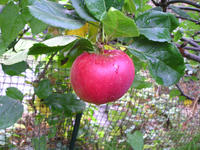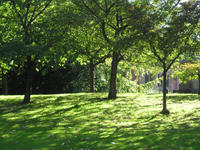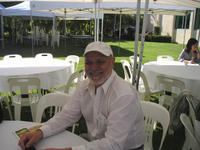 It's worth looking at the TUNE website, particularly if you are in a public library wanting to deliver information literacy training to your users. TUNE (Training of Library Users in a New Europe) has been a project of Biblioteca de Castilla la Mancha, Toledo, Spain, Randersegnens Biblioteker, Randers, Denmark, Stadsbiblioteket, Helsingborg, Sweden, and Ljubljana (Slovenia) Oton Zupancic Public Library. There is a newsletter, material from a seminar held this summer, the Tune "User Training Model" which is a sort of manual with examples, and journals (diary type entries).
It's worth looking at the TUNE website, particularly if you are in a public library wanting to deliver information literacy training to your users. TUNE (Training of Library Users in a New Europe) has been a project of Biblioteca de Castilla la Mancha, Toledo, Spain, Randersegnens Biblioteker, Randers, Denmark, Stadsbiblioteket, Helsingborg, Sweden, and Ljubljana (Slovenia) Oton Zupancic Public Library. There is a newsletter, material from a seminar held this summer, the Tune "User Training Model" which is a sort of manual with examples, and journals (diary type entries).I find the following reflection, from their final journal (no. 22) quite inspiring: "above all, it has help us to reflect on what working with librarians for other countries is. We have also realized that even though there are small cultural differences among our countries, we all believe that the public library is essential for the democratization of culture. Inger summarized what working together was very well. That is working under the same mission and feeling that we all belong to the same library. In regards to these, we believe that the methodology and planning of the work steps has been very important. "
http://www.tune.eu.com/
(Photo by S. Webber: Autumn rose, Blackheath, Oct. 2005)

















